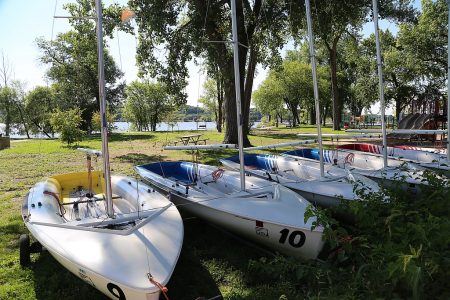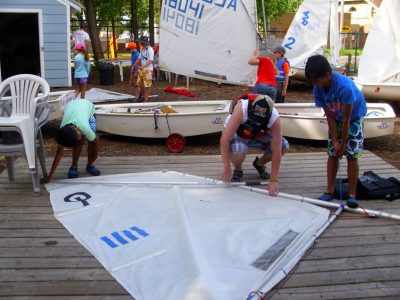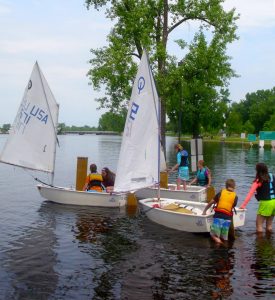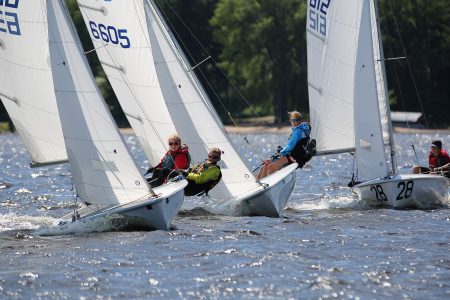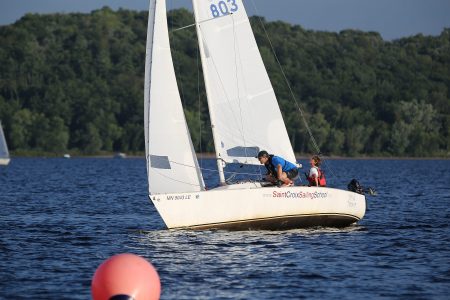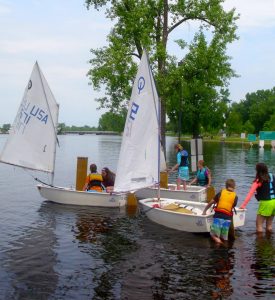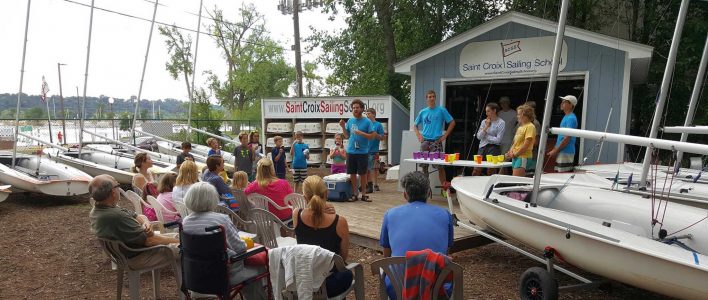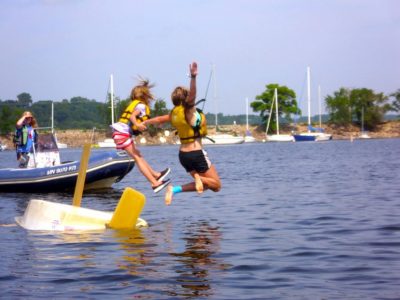Gift Certificates
Give the gift of sailing! Holidays, Birthdays, Graduations, Anniversaries, or Just Because… Sailing is a great gift! With your Gift Certificate order, we will mail or email (at your discretion) a certificate to the person of your choice. The certificate includes a code which may be applied to any of …


